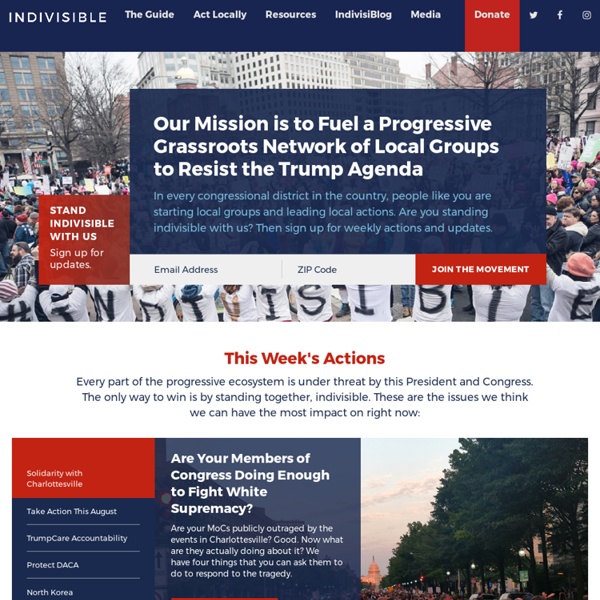



The Happy Hippie Foundation Yes, microlending reduces extreme poverty A small boost in microlending to the developing world could lift more than 10.5 million people out of extreme poverty. That’s one conclusion of my study, published last month in The B.E. Journal of Macroeconomics, which found that microfinance not only reduces how many households live in poverty but also how poor they are. Currently, 836 million people – or 12% of the world’s population – experience extreme poverty, living off less than US$1.25 a day. Using data from 106 developing countries from between 1998 and 2013 to examine the efficacy of microlending as a poverty-reduction tool, I found that just a 10% increase in the gross microfinance loan portfolio per client could cut this number by 1.26%. While the world has seen some progress over the past 15 years in reaching the UN Millennium Development Goals (MDGs), which placed eradicating hunger and poverty on top of the global agenda, extreme poverty remains a pressing challenge. Microfinance and poverty reduction Policy implications
The 'No Poo' Method India - World Toilet Organization In late 2011, World Toilet Organization established its SaniShop model in India to increase access of rural households to safe and affordable sanitation. On the ground, we work closely with our local implementing partners eKutir, a social business, based out of Odisha, and Sattva , a media and social business consulting firm based out of Bangalore. Our pilot project was set up in Odisha where eKutir had established its strong rural base. By deploying eKutir’s micro-entrepreneurs to further SaniShop’s mission in providing safe and affordable sanitation to the rural population, this partnership allows the World Toilet Organization and eKutir to create more livelihoods, boost health and dignity among the farming households. eKutir has been able to establish 25 micro-entrepreneurs working for the sanitation cause in three different states of India. With the establishment of SaniShop, farmers have access to low-cost and affordable toilets.
Yes, giving money to very poor people will make their lives better — just ask Ecuador Is eradicating poverty, a goal the United Nations’ hopes to achieve by 2030, actually feasible? New research out of Ecuador says yes – if governments are willing to pay for it. According to a United Nations University (UNU) - Merit study of Ecuador’s Human Development Bonus (Bono de Desarrollo Humano, or BDH), direct cash transfers have definitively improved social mobility, or the ability of individuals or households to move between social strata. And it has helped poor families climb out of poverty, especially when complemented by other economic-inclusion programs. Cash on hand Ecuador’s BDH is a cash transfer given to extremely poor families each month, as long as their children are regularly attending school and health clinics. Unlike similar programs in other Latin American countries, including Mexico’s Prospera and Brazil’s Bolsa Familia, where monitoring of student attendance and nutritional compliance is quite strict, in Ecuador conditionality is somewhat soft.
Fighting corporate seeds in South Asia These photos tell a story of corporate power and its impact on ordinary people. They were taken in the Indian and Bangladeshi countryside where farmers have been fighting the expansion of industrial agriculture for decades. In India, Monsanto has a tight grip on cotton growing with a 90% market share in cotton seeds. Its business model shores up its control of agriculture as farmers are pushed into uncontrollable debt because of expensive seeds and chemicals. Over the past twenty years nearly 300,000 farmers have committed suicide in India. But there are positive alternatives to these corporate-controlled seeds. In Bangladesh the community-led organisation, UBINIG has established an extensive seed saving network which enables the exchange and preservation of a wide range of seeds.
Cafes - The Real Junk Food Project Campaign Against Arms Trade Lead to Life